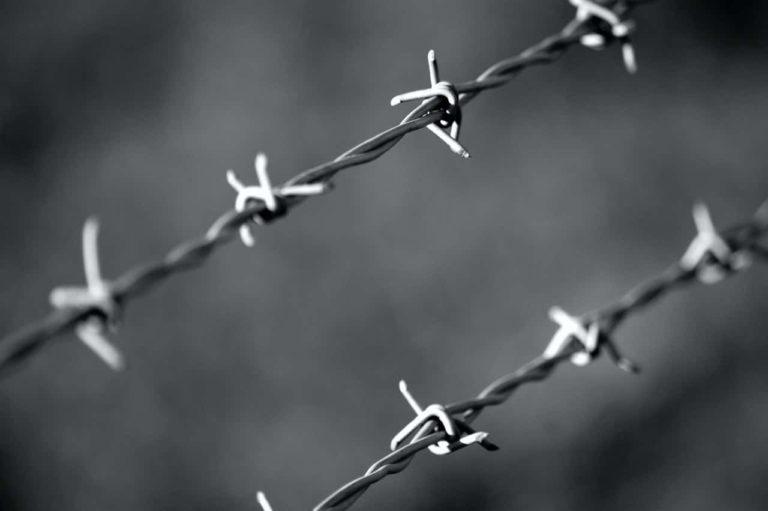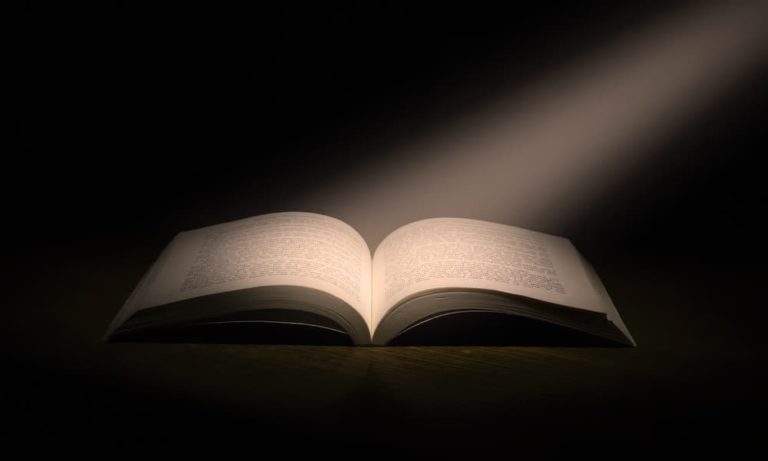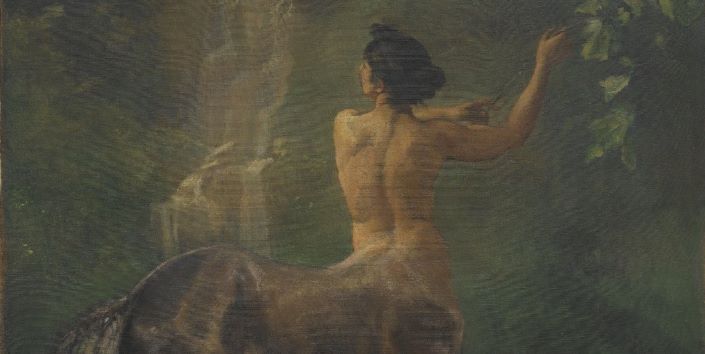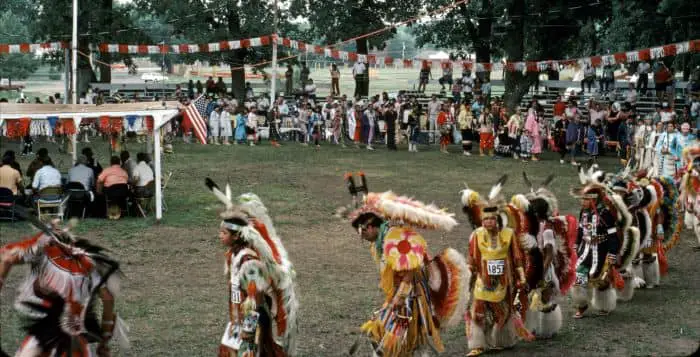For My Father, Karachi 1947 by Meena Alexander
In “For My Father, Karachi 1947,” Meena Alexander alludes to the tragic partition of 1947 and its impact on her father’s mind.

In “For My Father, Karachi 1947,” Meena Alexander alludes to the tragic partition of 1947 and its impact on her father’s mind.

In “Muse,” Meena Alexander describes how she found her muse in the form of a girl, dressed in a school uniform.

“I, Too, Sing América” describes how Dominican-American poet Julia Alvarez sings in praise of America, its diversity, and its inclusiveness.

Elizabeth Alexander’s poem “Butter” is about how the poet’s mother cooked different dishes and abundantly added butter to each item.

“What Do Women Want?”; it’s not a question that confuses men, but confuses women too. Addonizio tries to answer this question in this poem.

In “The Centaur,” May Swenson shares her childhood story concerning how she spent her summer days riding a twig-horse and imagining herself to be a horse.

Sherman Alexie’s “The Powwow at the End of the World” presents an enraged Native American speaker who thinks of avenging the attack on their traditional way of life.

“My Mother at Sixty-Six” describes how a speaker leaves her aging mother. This poem taps on the themes of death, aging, and relationship.

Jayanta Mahapatra’s “Dawn at Puri” is closer to the essence of Puri, located in Odisha. It taps on the themes of life, death, suffering, and eternity.

Sherman Alexie’s “Grief Calls Us to the Things of This World” is a poem about a son’s forgetfulness about his father’s recent death.